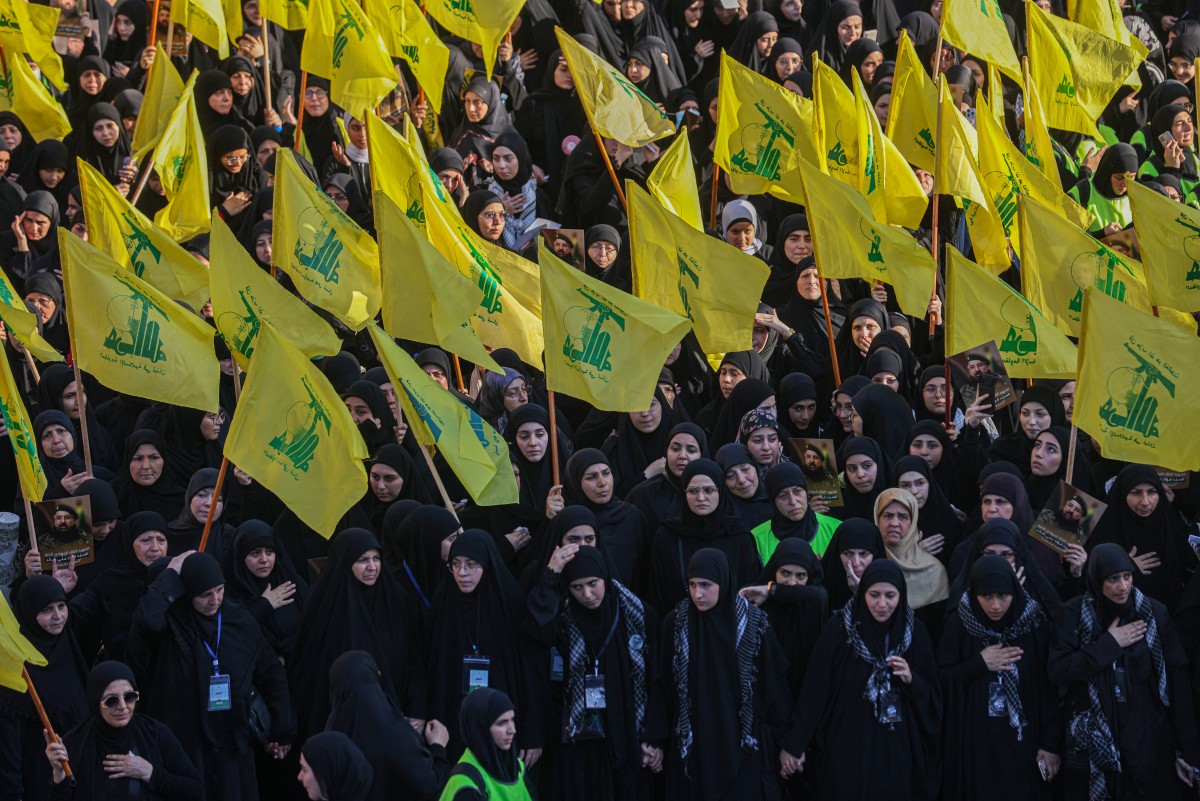
403
Sorry!!
Error! We're sorry, but the page you were looking for doesn't exist.
Concerns grow that Hezbollah may be trying to re-establish its military foothold in non-Shiite areas of Lebanon
(MENAFN) In the midst of an intensifying conflict, concerns are growing that Hezbollah may be trying to re-establish its military foothold in non-Shiite areas of Lebanon. This notion, however, is laden with complexities that merit deeper examination.
As Israel systematically targets and demolishes towns, villages, and neighborhoods in predominantly Shia regions—especially in Beirut's southern suburbs, southern Lebanon, and the Bekaa Valley—Lebanese citizens observe these actions with rising alarm. The extensive destruction brings to light significant concerns about potential demographic shifts that may emerge once hostilities cease.
Critics of Hezbollah have capitalized on this situation to sow panic within Lebanese society. Recently, a Shiite cleric opposing the group claimed during a television appearance that, following the destruction of historically Shia-populated areas, Hezbollah would inevitably seek to rebuild its military capabilities in regions with fewer Shiite inhabitants. This statement resonates as a severe warning for many, implying a possibility of rekindling civil strife in a nation that still bears the scars of past conflicts.
It is crucial, however, to approach this assertion with caution. While it is plausible that Hezbollah's leadership and its Iranian allies are indeed crafting alternative strategies for resilience and military rebuilding, it is equally important to recognize that Israel appears focused on isolating Hezbollah supporters within the Shia community. This strategy risks transforming their presence in predominantly non-Shiite areas into a significant threat, fostering division between the displaced Shiite population and the broader Lebanese society. The latter is increasingly vocal in its demands for Hezbollah to halt its confrontations with Israel.
Many Lebanese are increasingly aware of Hezbollah's apparent determination to sustain the conflict, a stance motivated by the group's need to preserve its political and military stature, bolstered by support from Iran. As the situation evolves, the repercussions of these strategies could further fracture Lebanon's already delicate social fabric, amplifying fears of societal division and unrest.
As Israel systematically targets and demolishes towns, villages, and neighborhoods in predominantly Shia regions—especially in Beirut's southern suburbs, southern Lebanon, and the Bekaa Valley—Lebanese citizens observe these actions with rising alarm. The extensive destruction brings to light significant concerns about potential demographic shifts that may emerge once hostilities cease.
Critics of Hezbollah have capitalized on this situation to sow panic within Lebanese society. Recently, a Shiite cleric opposing the group claimed during a television appearance that, following the destruction of historically Shia-populated areas, Hezbollah would inevitably seek to rebuild its military capabilities in regions with fewer Shiite inhabitants. This statement resonates as a severe warning for many, implying a possibility of rekindling civil strife in a nation that still bears the scars of past conflicts.
It is crucial, however, to approach this assertion with caution. While it is plausible that Hezbollah's leadership and its Iranian allies are indeed crafting alternative strategies for resilience and military rebuilding, it is equally important to recognize that Israel appears focused on isolating Hezbollah supporters within the Shia community. This strategy risks transforming their presence in predominantly non-Shiite areas into a significant threat, fostering division between the displaced Shiite population and the broader Lebanese society. The latter is increasingly vocal in its demands for Hezbollah to halt its confrontations with Israel.
Many Lebanese are increasingly aware of Hezbollah's apparent determination to sustain the conflict, a stance motivated by the group's need to preserve its political and military stature, bolstered by support from Iran. As the situation evolves, the repercussions of these strategies could further fracture Lebanon's already delicate social fabric, amplifying fears of societal division and unrest.

Legal Disclaimer:
MENAFN provides the
information “as is” without warranty of any kind. We do not accept
any responsibility or liability for the accuracy, content, images,
videos, licenses, completeness, legality, or reliability of the information
contained in this article. If you have any complaints or copyright
issues related to this article, kindly contact the provider above.


















Comments
No comment